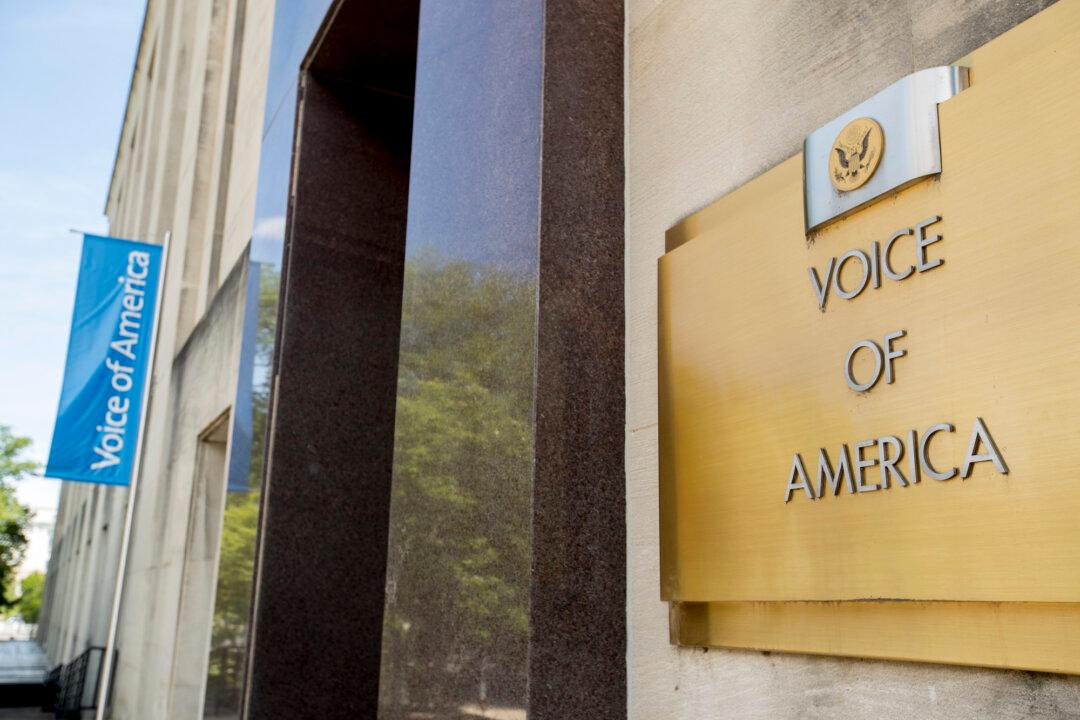The director of Voice of America (VOA) and her deputy tendered their resignations on June 15 to Michael Pack, the newly confirmed head of the government agency that oversees the broadcaster.
VOA Director Amanda Bennett and Deputy Director Sandra Sugawara announced in a press release that “after more than four years leading the nation’s largest congressionally-funded international broadcaster,” they were stepping down.





